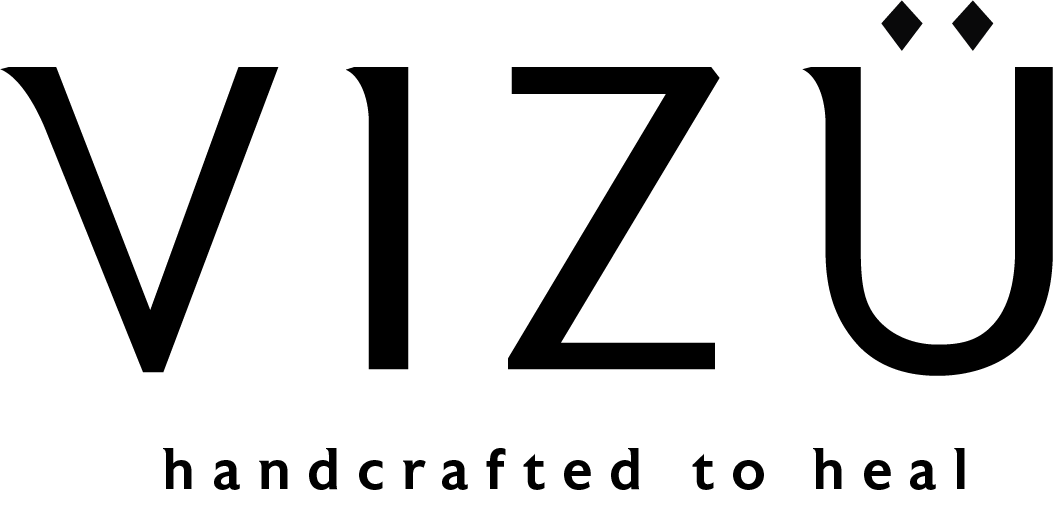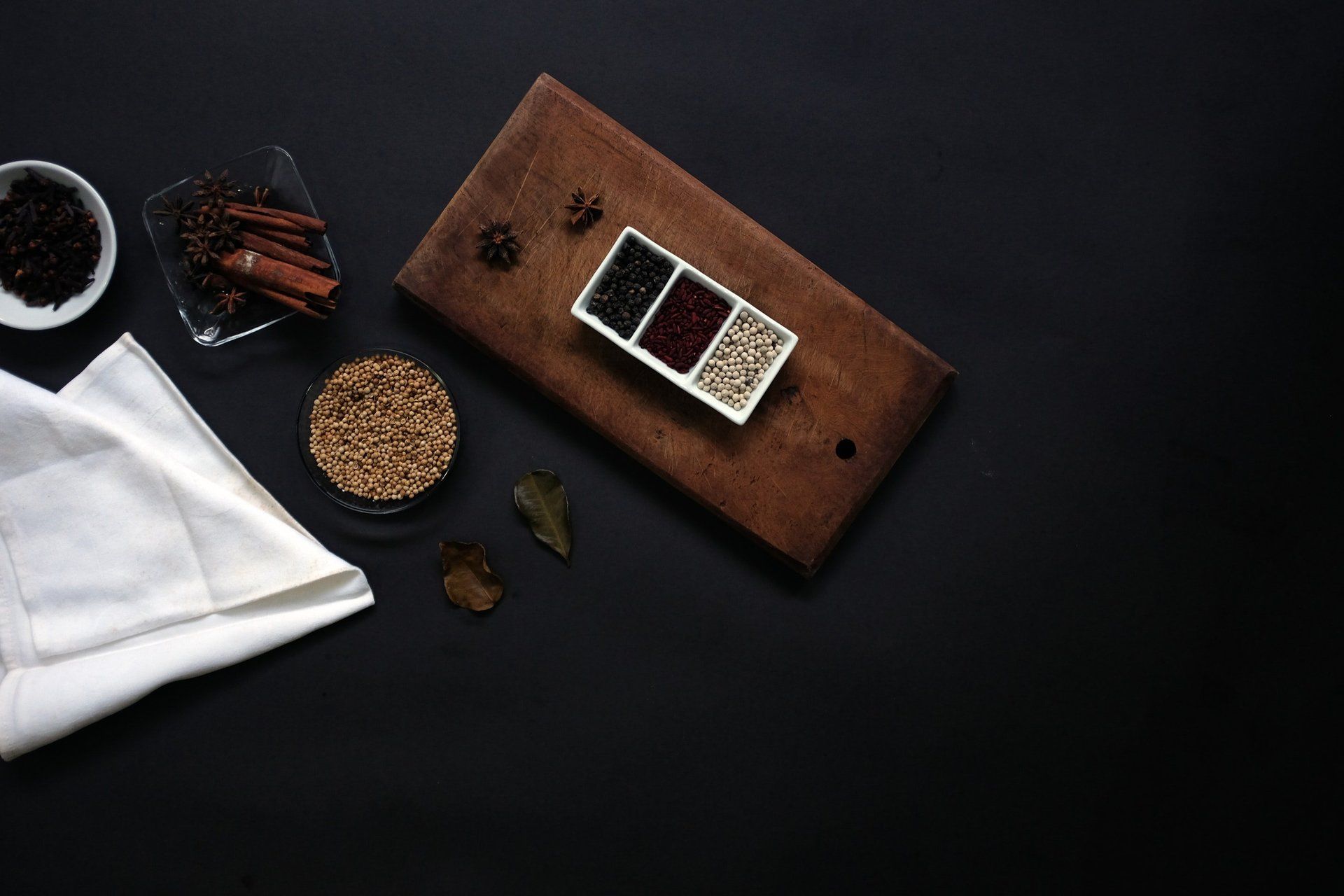Clove bud ethereal oil
10ml 10.80 sgd / 30ml 26 sgd
Botanical name: Syzygium Aromaticum
Buy now
Origin:
India
Extraction:
Steam distilled
Plant part: Buds
Scent: Sweet-spicy odour and a fruity fresh top note.
Aromatherapy: Repels insects, boost immunity, disinfectant, helps with respiratory ailments and opens passages, mental stimulant, aphrodisiac.
Skin/bodycare: Athlete’s foot, toothache, arthritis, improves digestion and helps relieve flatulence. Reduces pain by numbing the area.
Blends well with: Rose, lavender, vanillin, sage, allspice, ylang ylang and other oriental spices.
Precaution:
May cause skin and mucous membrane irritation; dilute before topical use. Maximum 1% dilution.
Best before Sept 2022 (BN2008)

